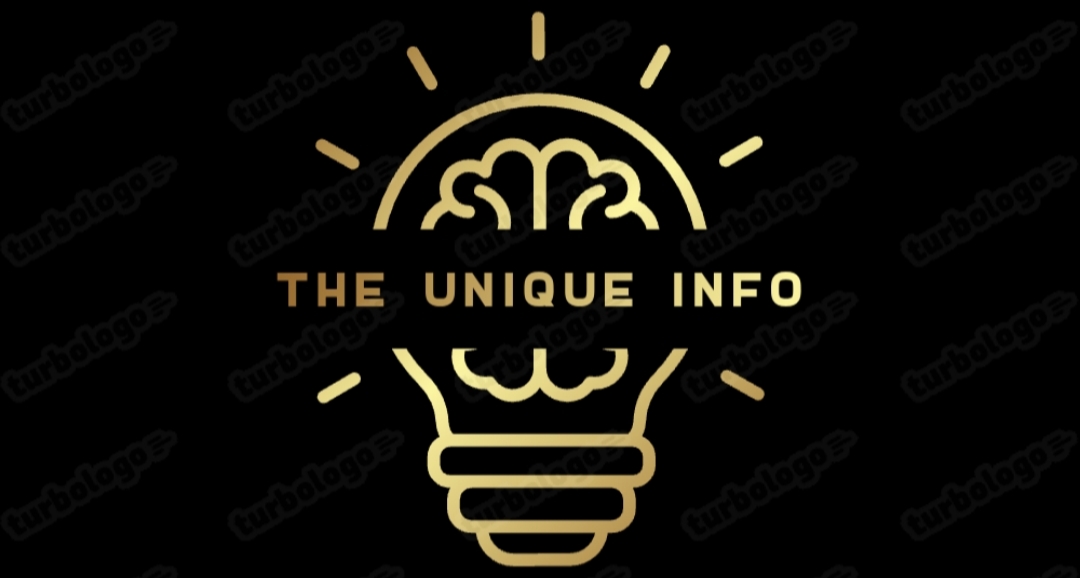𝗚𝗲𝗼𝗴𝗿𝗮𝗽𝗵𝗶𝗰𝗮𝗹 𝗟𝗼𝗰𝗮𝘁𝗶𝗼𝗻
India is located in South Asia, bounded by the Indian Ocean to the south, the Arabian Sea to the southwest, and the Bay of Bengal to the southeast. It shares land borders with Pakistan to the west, China, Nepal, and Bhutan to the north, and Bangladesh and Myanmar to the east. India’s geographical coordinates are between 8°4′ and 37°6′ north latitude and 68°7′ and 97°25′ east longitude. The country has a diverse climate, with temperatures varying greatly depending on the region and time of year.
𝗣𝗼𝗽𝘂𝗹𝗮𝘁𝗶𝗼𝗻 𝗦𝗶𝘇𝗲
India is the world’s most populous country, with an estimated population of over 1.4 billion people as of 2023. The population density is approximately 429.6 people per square kilometer. India’s population grew from 361 million in 1951 to over 1.4 billion in 2022, with a significant portion living in rural areas.
𝗟𝗮𝗻𝗴𝘂𝗮𝗴𝗲
India has two official languages: Hindi and English. However, there are many other recognized languages, including Bengali, Telugu, Marathi, Tamil, Urdu, Gujarati, Kannada, Malayalam, Oriya, Punjabi, and Assamese. The country is home to a vast array of dialects and languages, reflecting its rich cultural diversity.
𝗚𝗼𝘃𝗲𝗿𝗻𝗺𝗲𝗻𝘁 𝗦𝘁𝗿𝘂𝗰𝘁𝘂𝗿𝗲
India is a federal republic with a parliamentary system of government. The President serves as the head of state, while the Prime Minister is the head of government. The country has a multi-party system, with the current government led by Prime Minister Narendra Modi. The government is divided into three branches: the executive, legislative, and judiciary.
J𝗘𝗰𝗼𝗻𝗼𝗺𝘆
India has a growing economy, with a GDP of $17.65 trillion (2025 estimate). The country has a mixed economy, with major industries in services, manufacturing, and agriculture. India is a significant player in the global IT industry and has trade relations with many countries. The country’s nominal per capita income has increased from $64 annually in 1951 to $2,601 in recent years.
𝗖𝘂𝗹𝘁𝘂𝗿𝗮𝗹 𝗛𝗲𝗿𝗶𝘁𝗮𝗴𝗲
India has a rich cultural heritage, with a history dating back to the ancient Indus Valley Civilization. The country is the birthplace of four major world religions: Hinduism, Sikhism, Buddhism, and Jainism. Indian culture is known for its diverse traditions, customs, and art forms, including music, dance, literature, and cuisine. The country celebrates many festivals, such as Diwali, Holi, and Navratri, which reflect its vibrant cultural diversity.
𝗧𝗼𝘂𝗿𝗶𝘀𝘁 𝗔𝘁𝘁𝗿𝗮𝗰𝘁𝗶𝗼𝗻𝘀
India has numerous tourist attractions, including:
- Historical Monuments: The Taj Mahal, Red Fort, Qutub Minar
- National Parks: Sundarbans National Park, Kaziranga National Park
- Cultural Sites: Khajuraho temples, Varanasi Ghats
- Beach Destinations: Goa, Kerala backwaters
𝗘𝗱𝘂𝗰𝗮𝘁𝗶𝗼𝗻 𝗦𝘆𝘀𝘁𝗲𝗺
India has one of the largest education systems in the world, with over 900 universities and 40,000 colleges. The country has made significant progress in improving literacy rates, which have risen from 16.6% in 1951 to 74% today. However, the education system still faces challenges, such as inadequate infrastructure and unequal access to quality education.
𝗛𝗲𝗮𝗹𝘁𝗵𝗰𝗮𝗿𝗲 𝗦𝘆𝘀𝘁𝗲𝗺
India’s healthcare system is a mix of public and private providers. The country has around 93 physicians per 100,000 people, and life expectancy is approximately 70 years. While India has made progress in healthcare, there are still challenges in terms of accessibility and quality of care, particularly in rural areas.
𝗚𝗹𝗼𝗯𝗮𝗹 𝗥𝗲𝗹𝗮𝘁𝗶𝗼𝗻𝘀
India is an active participant in global affairs, maintaining diplomatic relations with many countries. The country is a member of several international organizations, including the United Nations, G20, and BRICS. India has strategic partnerships with countries like the United States, Russia, and Japan, and plays a significant role in regional organizations like the Association of Southeast Asian Nations (ASEAN) ⁴.
